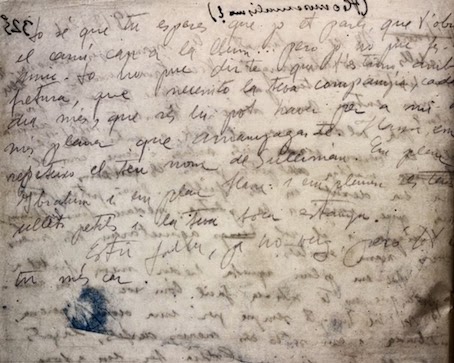 |
| El Incendio / The Fire (dir. Juan Schnitman) |
My first review from D'A Festival - of Argentinian drama El Incendio / The Fire (dir. Juan Schnitman) - has gone up over at Eye for Film (here). I'm a bit behind with the reviews but I had the opportunity to interview some of the filmmakers in attendance, so I've prioritised that in the last couple of days. Those interviews - with Ion de Sosa, Chema García Ibarra, and Miguel Llansó - will (probably) appear next week.
This is my last day in Barcelona and I still have two more films to see, but reviews are forthcoming for: Obra (dir. Gregorio Graziosi), No todo es vigilia / Not All Is Vigil (dir. Hermes Paralluelo), El arca de Noé / Noah's Ark (dir. Adán Aliaga and David Valero), Sueñan los androides / Androids Dream (dir. Ion de Sosa), Favula (dir. Raúl Perrone), Crumbs (dir. Miguel Llansó), A misteriosa morte de Pérola / The Mysterious Death of Pérola (dir. Guto Parente and Ticiana Augusto Lima), Chorus (dir. François Delisle), and Queen of Earth (dir. Alex Ross Perry). Most of them will be at Eye for Film (unless they already have a review for the film in question) but I will put up links here. I'll also be writing about the festival in general, and will look specifically at the Spanish films in the (Im)Possible Futures section.
























